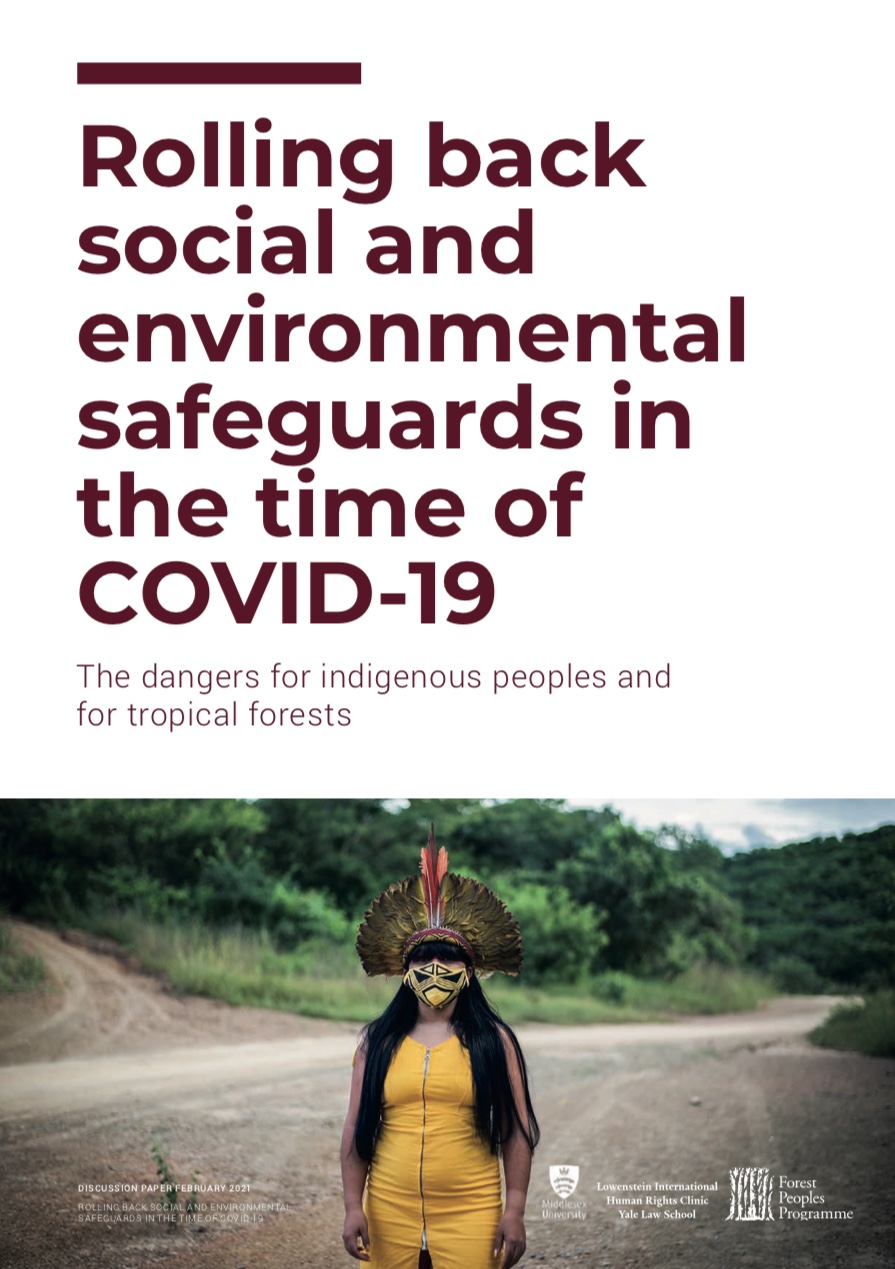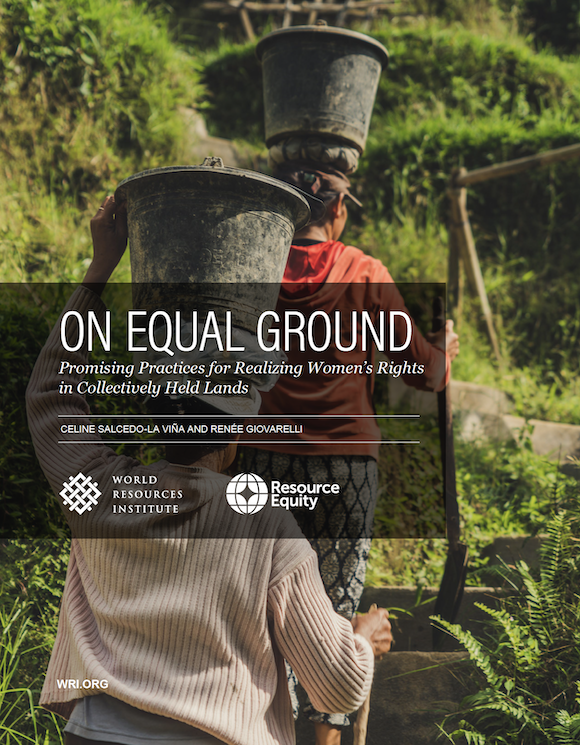Experiences and Development Impacts of Securing Land Rights at Scale in Developing Countries: Case Studies of China and Vietnam
This paper reviews experiences and development impacts of a selected number of developing countries in Asia and Africa that have used emerging land registration approaches to rapidly secure land rights at scale. Rapid and scalable registration is essential to eliminate a major backlog of the world’s unregistered land, which stands at about 70 percent. The objective of the review, based on secondary data, is to draw lessons that can help accelerate land registration across many countries.








